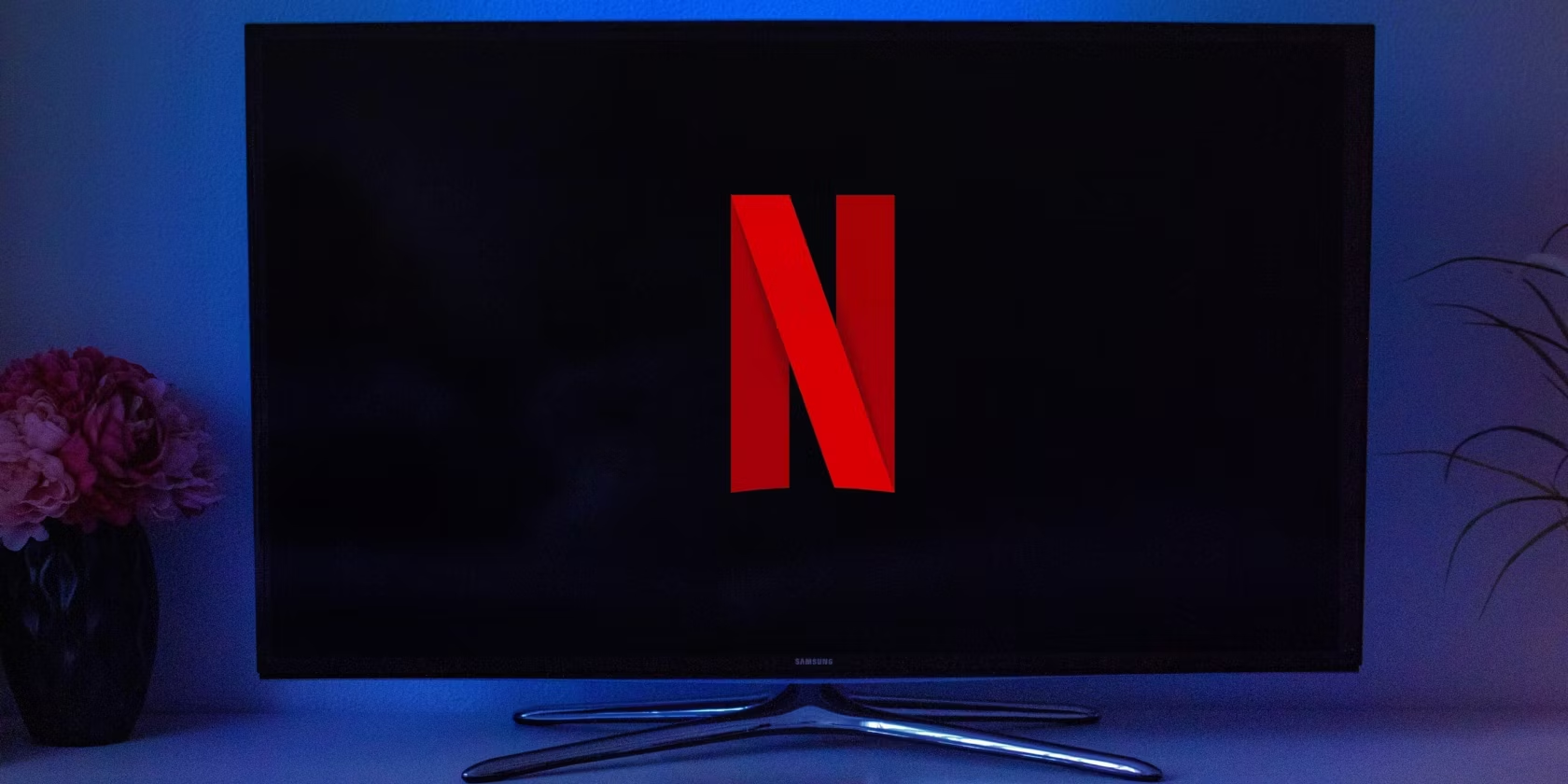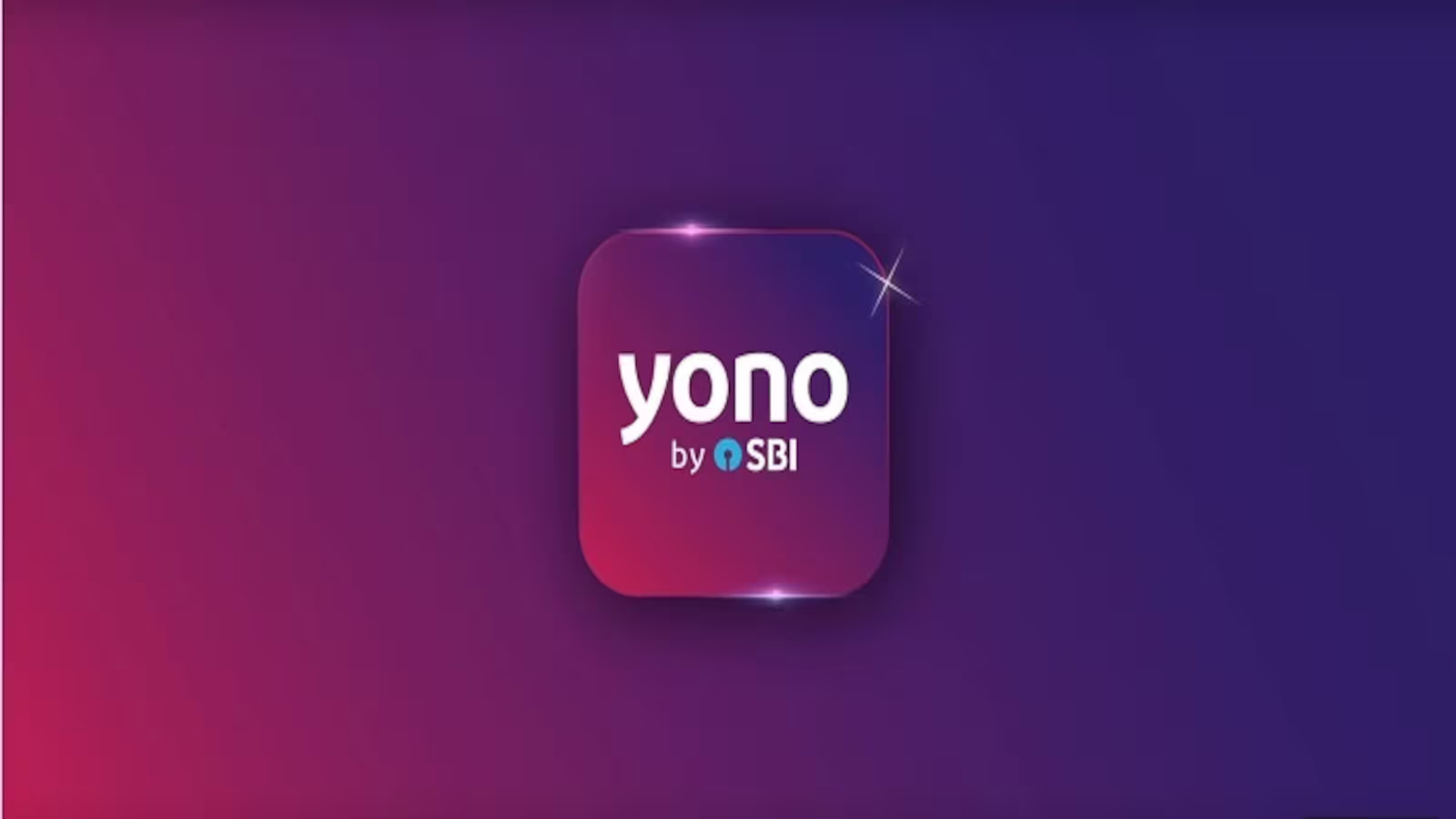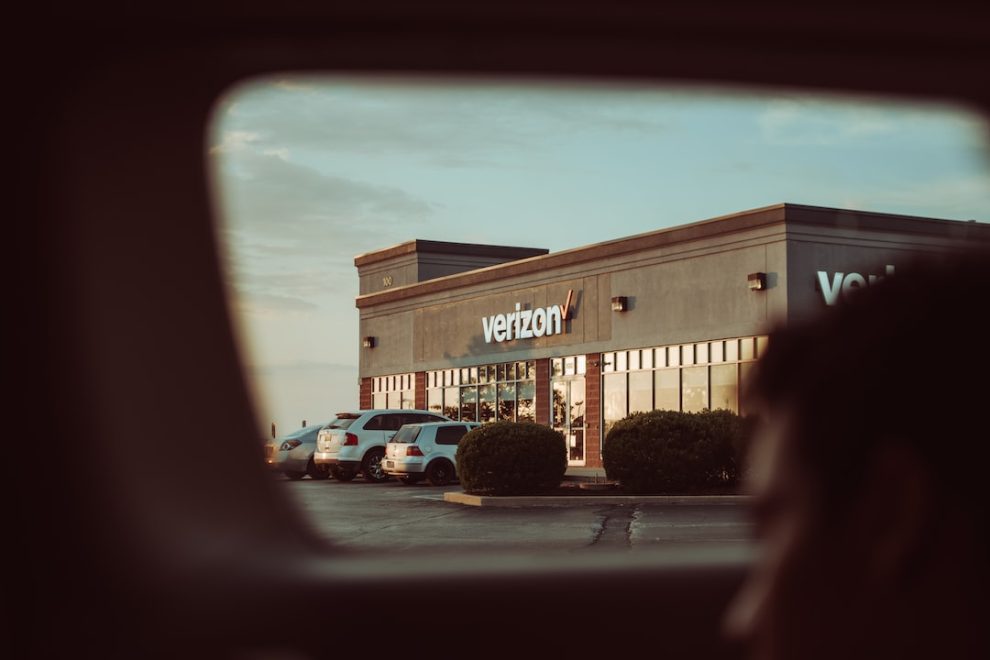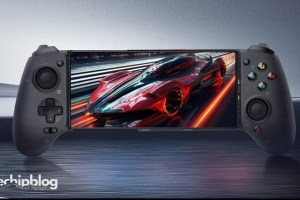Verizon Communications is one of the largest telecommunications companies in the world, providing a wide range of services including wireless communication, internet, and television. With a history dating back to the Bell Telephone Company founded by Alexander Graham Bell in 1877, Verizon has played a significant role in the evolution of the telecommunications industry. Over the years, the company has continuously adapted and innovated to meet the changing needs of consumers and businesses alike.
The Evolution of Verizon’s Technology and Services Over the Years
Verizon’s journey began with the invention of the telephone by Alexander Graham Bell. The company has since witnessed numerous advancements in technology and services. In the early days, Verizon focused on providing landline telephone services, connecting people across long distances. As technology progressed, Verizon expanded its offerings to include mobile phone services, allowing people to communicate on the go.
One notable milestone in Verizon’s history was the introduction of their 4G LTE network in 2010. This marked a significant improvement in mobile data speeds and paved the way for new possibilities in mobile communication. With 4G LTE, users could stream high-definition videos, play online games, and download large files at unprecedented speeds.
The Latest Breakthroughs in Verizon’s Network Infrastructure
Verizon has made significant investments in its network infrastructure to ensure reliable and fast connectivity for its customers. The company has been at the forefront of developing and deploying cutting-edge technologies such as fiber optics and small cell networks.
Fiber optics have revolutionized internet connectivity by transmitting data using light signals through thin strands of glass or plastic. Verizon has been expanding its fiber optic network across the United States, offering high-speed internet access to both residential and business customers. This technology enables faster download and upload speeds, as well as improved reliability.
In addition to fiber optics, Verizon has been deploying small cell networks to enhance coverage and capacity in densely populated areas. Small cells are low-power cellular base stations that can be installed on utility poles, streetlights, or buildings. By deploying small cells, Verizon can provide better coverage and capacity in areas with high data demand, such as urban centers and stadiums.
Exploring Verizon’s 5G Network and Its Potential Impact on Industries
One of the most significant advancements in Verizon’s technology is the development of its 5G network. 5G, or fifth-generation wireless technology, promises to deliver faster speeds, lower latency, and greater capacity compared to previous generations of wireless technology.
Unlike 4G LTE, which primarily focused on providing faster mobile internet speeds, 5G aims to enable a wide range of applications beyond traditional mobile communication. With its ultra-low latency and high bandwidth capabilities, 5G has the potential to revolutionize industries such as healthcare, transportation, and entertainment.
In healthcare, 5G can enable real-time remote patient monitoring, telemedicine consultations, and even remote surgeries. With its low latency and high reliability, doctors can perform surgeries remotely using robotic systems controlled over a 5G network. This has the potential to improve access to healthcare services in rural areas and reduce the need for patients to travel long distances for specialized treatments.
In transportation, 5G can enable connected and autonomous vehicles to communicate with each other and with infrastructure in real-time. This can improve road safety by enabling vehicles to share information about road conditions, traffic congestion, and potential hazards. Additionally, 5G can support advanced driver assistance systems that rely on real-time data from sensors and cameras to enhance vehicle safety.
In the entertainment industry, 5G can enable immersive experiences such as virtual reality (VR) and augmented reality (AR). With its high bandwidth capabilities, 5G can support high-quality streaming of VR and AR content, allowing users to experience virtual worlds in real-time. This opens up new possibilities for gaming, live events, and interactive storytelling.
Verizon’s Advancements in Internet of Things (IoT) Technology
Verizon has been actively involved in the development and deployment of Internet of Things (IoT) technology. IoT refers to the network of physical devices, vehicles, appliances, and other objects embedded with sensors, software, and connectivity that enables them to collect and exchange data.
Verizon’s IoT solutions enable businesses to connect and manage their devices, collect data, and gain insights to improve efficiency and productivity. For example, in the agriculture industry, farmers can use IoT sensors to monitor soil moisture levels, temperature, and humidity in real-time. This data can help optimize irrigation schedules, reduce water usage, and improve crop yields.
In the healthcare industry, Verizon’s IoT solutions can enable remote patient monitoring, asset tracking, and inventory management. For example, hospitals can use IoT sensors to track the location of medical equipment, ensuring that it is readily available when needed. Additionally, IoT-enabled wearable devices can monitor patients’ vital signs and send alerts to healthcare providers in case of emergencies.
How Verizon is Using Artificial Intelligence (AI) to Improve Customer Experience

Verizon is leveraging artificial intelligence (AI) to enhance customer service and support. AI refers to the simulation of human intelligence in machines that are programmed to think and learn like humans.
Verizon’s virtual assistant, known as “Verizon Virtual Assistant,” uses AI to provide personalized assistance to customers. The virtual assistant can answer common questions, troubleshoot technical issues, and provide recommendations based on customer preferences. By using AI, Verizon can improve response times and provide a more seamless customer experience.
In addition to customer service, Verizon is also using AI in various aspects of its business operations. For example, AI algorithms are used to analyze network data and predict potential network issues before they occur. This proactive approach helps Verizon identify and resolve network problems faster, minimizing downtime for customers.
The Future of Verizon’s Augmented Reality and Virtual Reality Services
Verizon has been exploring the potential of augmented reality (AR) and virtual reality (VR) technologies to enhance user experiences. AR refers to the overlay of digital information onto the real world, while VR immerses users in a simulated environment.
Verizon currently offers a range of AR and VR experiences, such as live sports broadcasts in VR and interactive AR apps. However, the future possibilities for these technologies are vast. For example, AR can be used to enhance shopping experiences by allowing customers to try on virtual clothes or visualize furniture in their homes before making a purchase. VR can transport users to virtual worlds for gaming, education, or training purposes.
Verizon’s Commitment to Sustainability Through Innovative Practices
Verizon is committed to reducing its environmental impact and has implemented various innovative practices to achieve this goal. One of the key areas of focus for Verizon is energy efficiency. The company has been investing in energy-efficient technologies and practices to reduce its carbon footprint.
For example, Verizon has been deploying fuel cell technology at some of its network sites. Fuel cells generate electricity through a chemical reaction between hydrogen and oxygen, producing only water vapor as a byproduct. By using fuel cells, Verizon can reduce its reliance on traditional power sources and decrease greenhouse gas emissions.
Verizon is also investing in renewable energy sources such as solar and wind power. The company has set a goal to source 50% of its total electricity consumption from renewable sources by 2025. By transitioning to renewable energy, Verizon can reduce its dependence on fossil fuels and contribute to the fight against climate change.
Verizon’s Role in Advancing Telemedicine and Healthcare Technology
Verizon is playing a significant role in advancing telemedicine and healthcare technology. Telemedicine refers to the remote delivery of healthcare services using telecommunications technology, allowing patients to consult with healthcare providers without physically visiting a clinic or hospital.
Verizon’s high-speed internet and network infrastructure enable seamless video consultations between patients and healthcare providers. This is particularly beneficial for patients in rural or underserved areas who may have limited access to healthcare services. Telemedicine can help improve healthcare outcomes by enabling early detection and intervention, reducing hospital readmissions, and improving patient satisfaction.
In addition to telemedicine, Verizon is also involved in the development of healthcare technology solutions. For example, Verizon’s IoT solutions can be used to monitor patients’ vital signs remotely and send alerts to healthcare providers in case of emergencies. This can help prevent adverse events and provide timely interventions.
The Impact of Verizon’s Technology and Services on Businesses and Consumers Alike
Verizon’s technology and services have had a significant impact on both businesses and consumers. For businesses, Verizon’s high-speed internet, network infrastructure, and IoT solutions have enabled increased productivity, improved efficiency, and enhanced customer experiences.
For example, businesses can leverage Verizon’s high-speed internet to access cloud-based applications, collaborate with remote teams, and streamline operations. With reliable connectivity, businesses can also implement IoT solutions to monitor and manage their assets, optimize supply chains, and improve overall efficiency.
For consumers, Verizon’s technology has transformed the way we communicate, access information, and consume entertainment. With high-speed internet and mobile connectivity, consumers can stay connected with friends and family, access online services such as banking and shopping, and stream their favorite movies and TV shows on-demand.
Verizon Communications has played a pivotal role in the evolution of the telecommunications industry. From its early days as a landline telephone provider to its current position as a leader in wireless communication, internet, and television services, Verizon has continuously adapted and innovated to meet the changing needs of consumers and businesses.
Through advancements in network infrastructure, such as fiber optics and small cell networks, Verizon has improved connectivity and reliability for its customers. The development of 5G technology has the potential to revolutionize industries such as healthcare, transportation, and entertainment. Verizon’s involvement in IoT, AI, AR, and VR technologies further demonstrates its commitment to innovation and enhancing user experiences.
Verizon is also committed to sustainability and reducing its environmental impact through innovative practices such as fuel cell technology and renewable energy sources. The company’s involvement in telemedicine and healthcare technology is improving access to healthcare services and enabling better patient outcomes.
Overall, Verizon’s technology and services have had a profound impact on businesses and consumers alike, improving productivity, efficiency, and quality of life. As technology continues to evolve, Verizon will undoubtedly continue to play a leading role in shaping the future of the telecommunications industry and its impact on society.













Add Comment